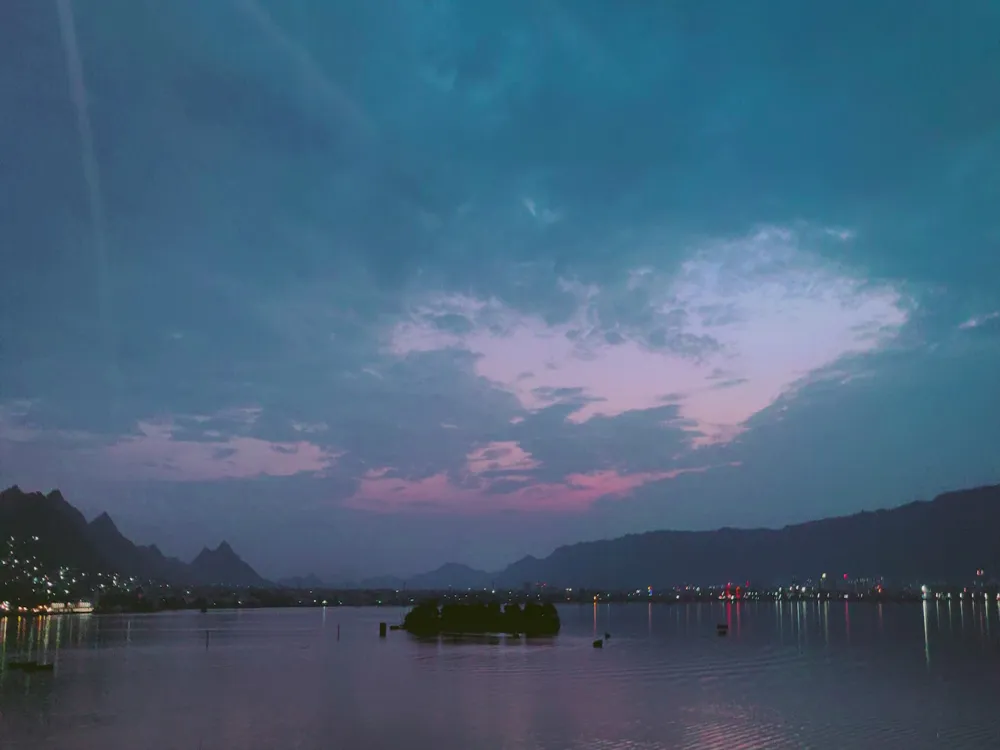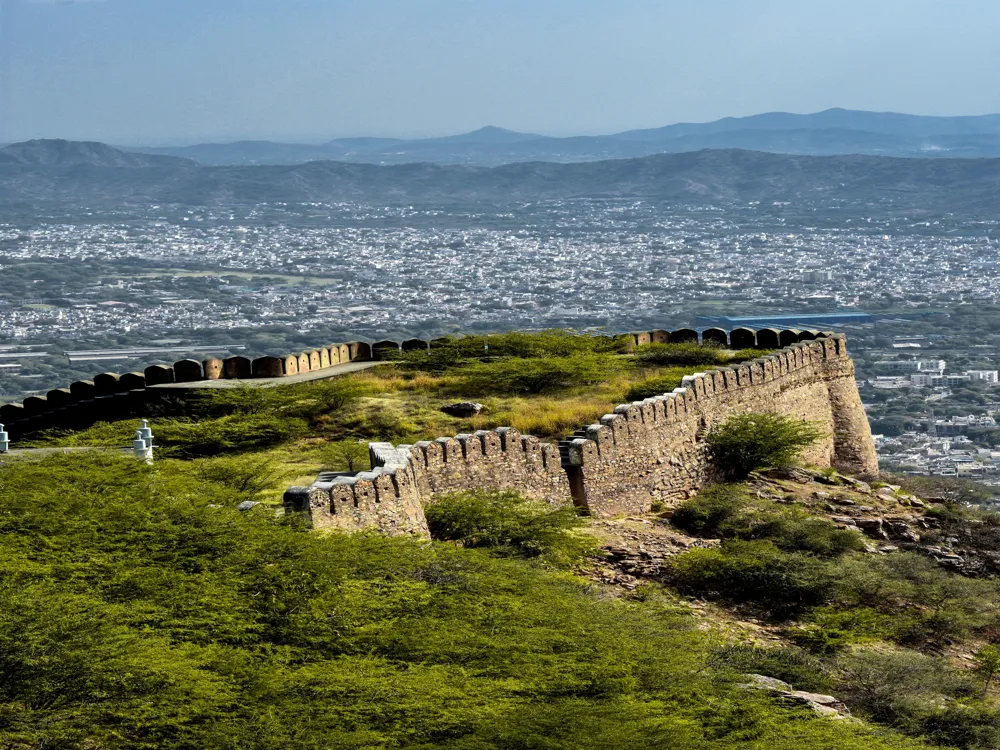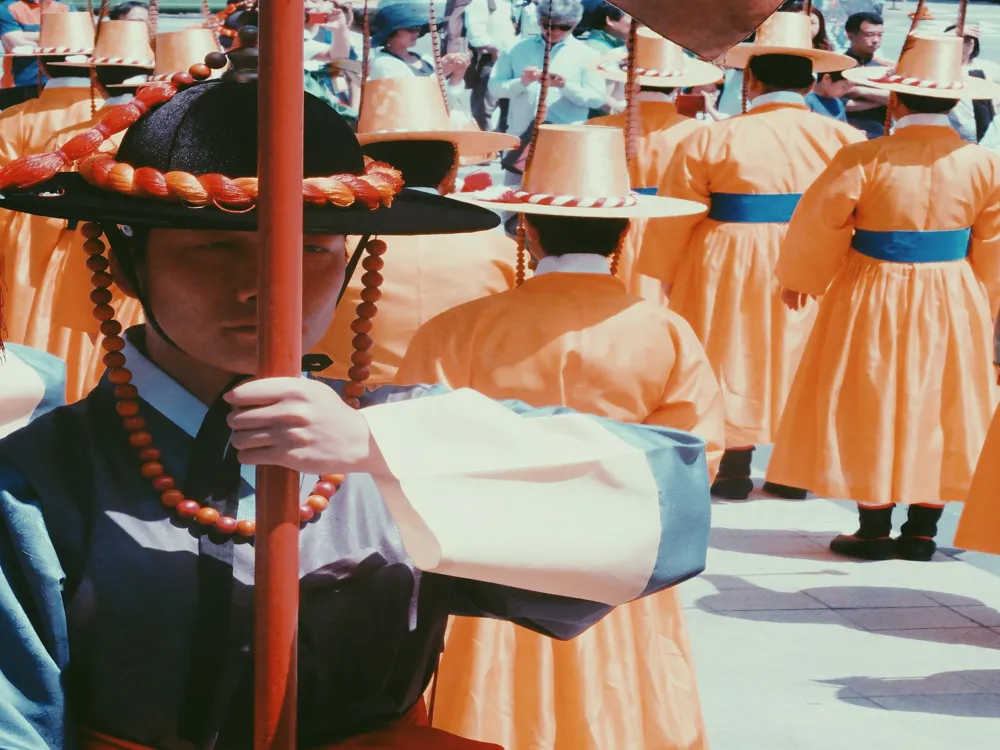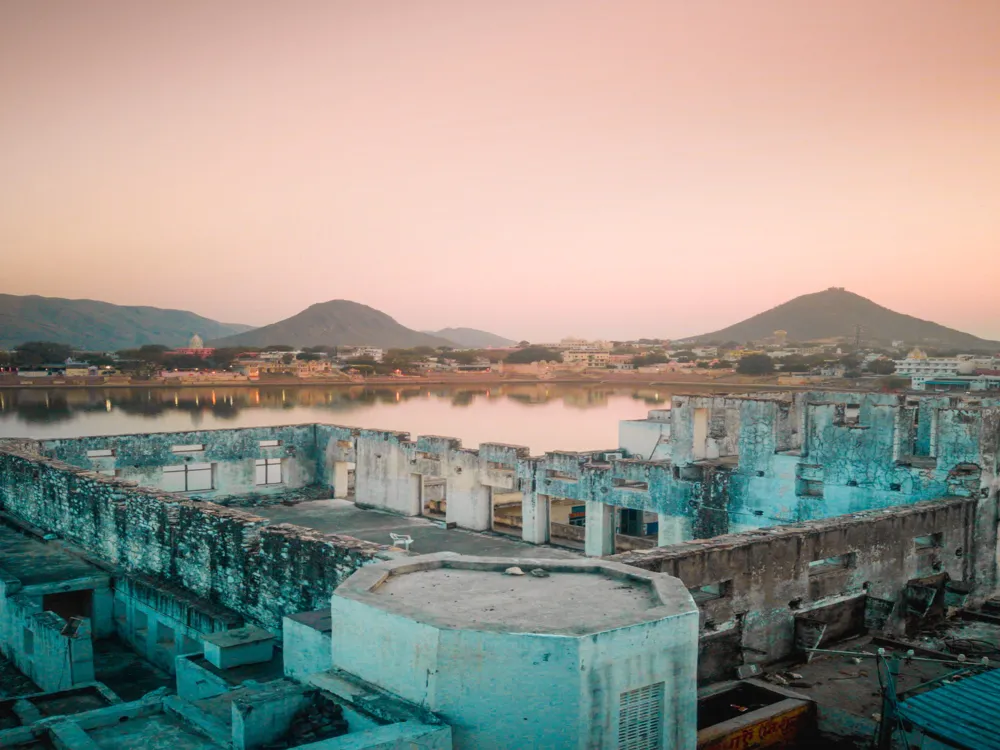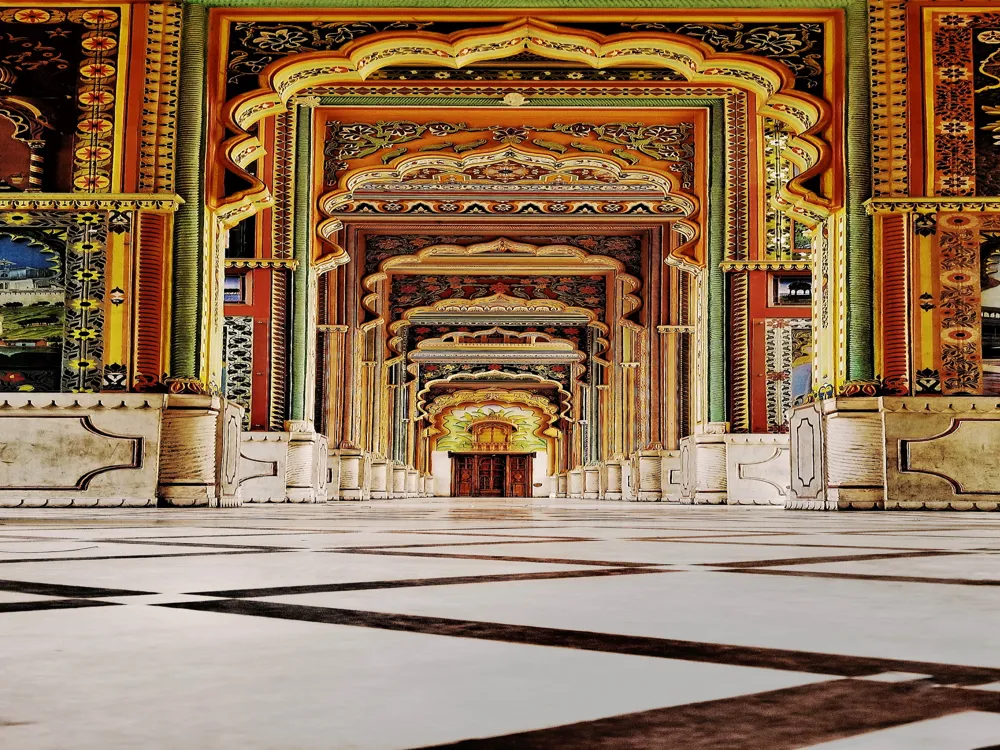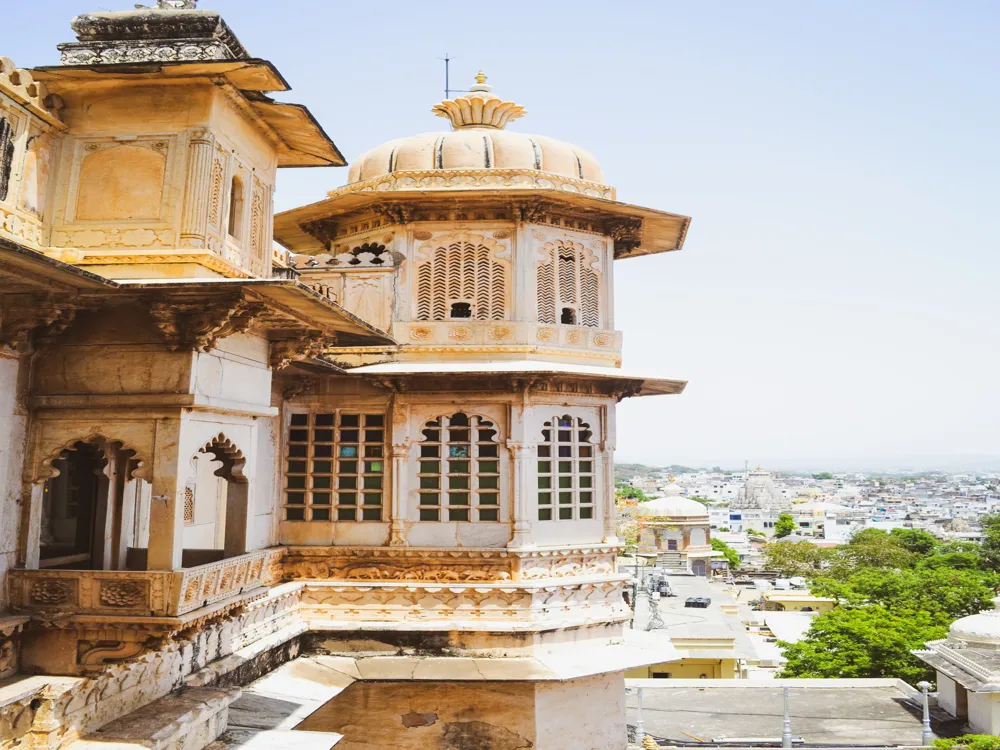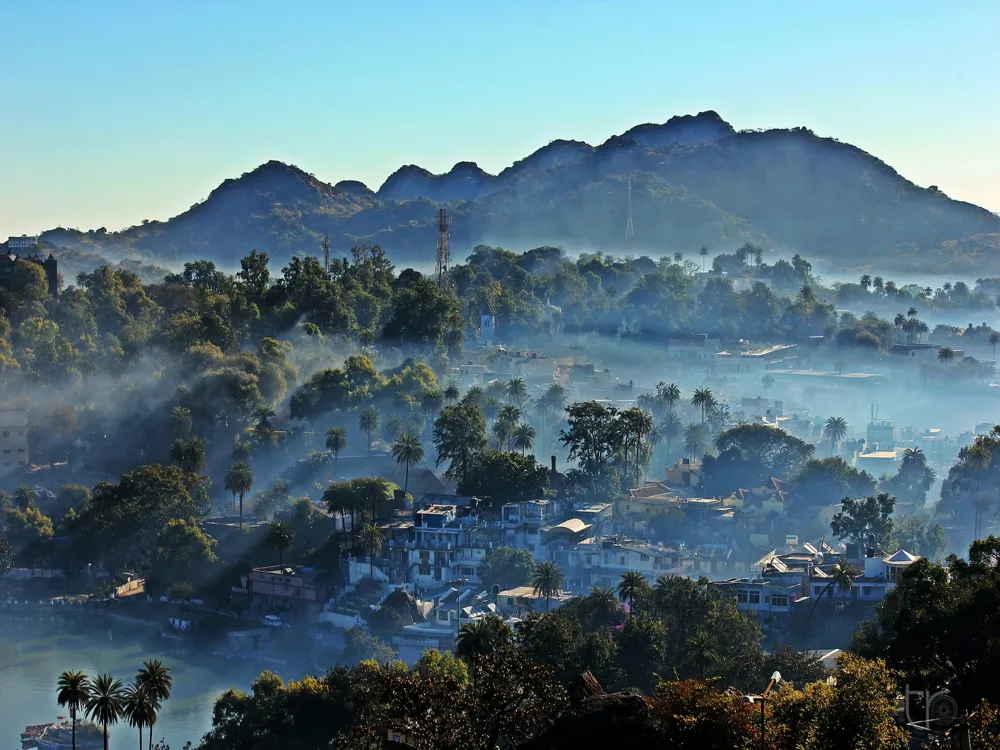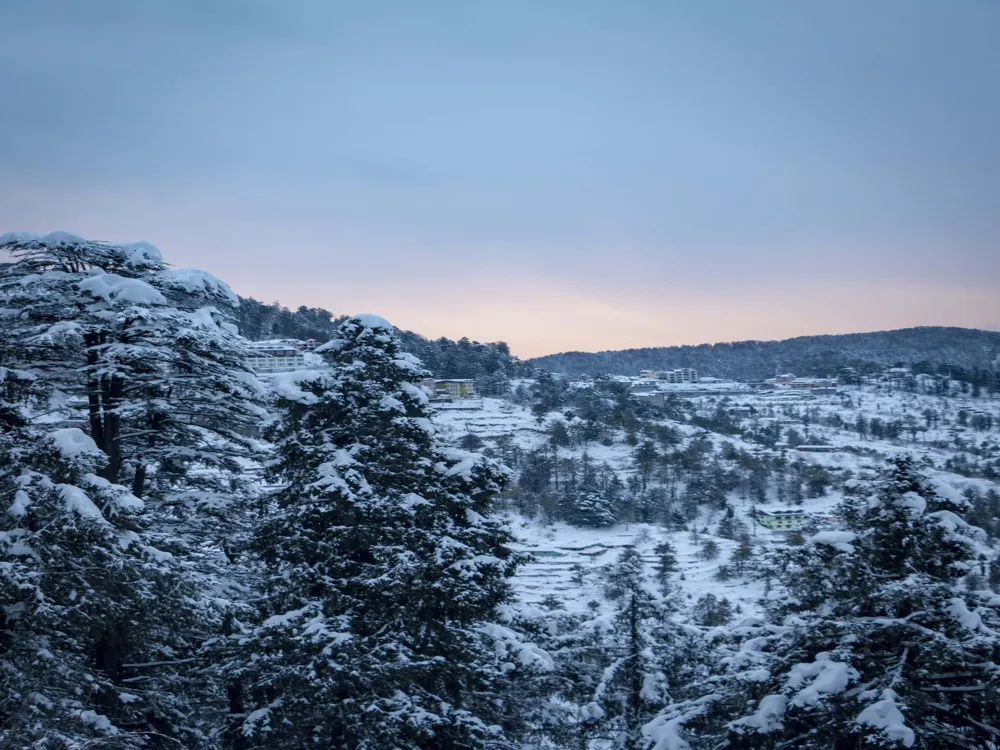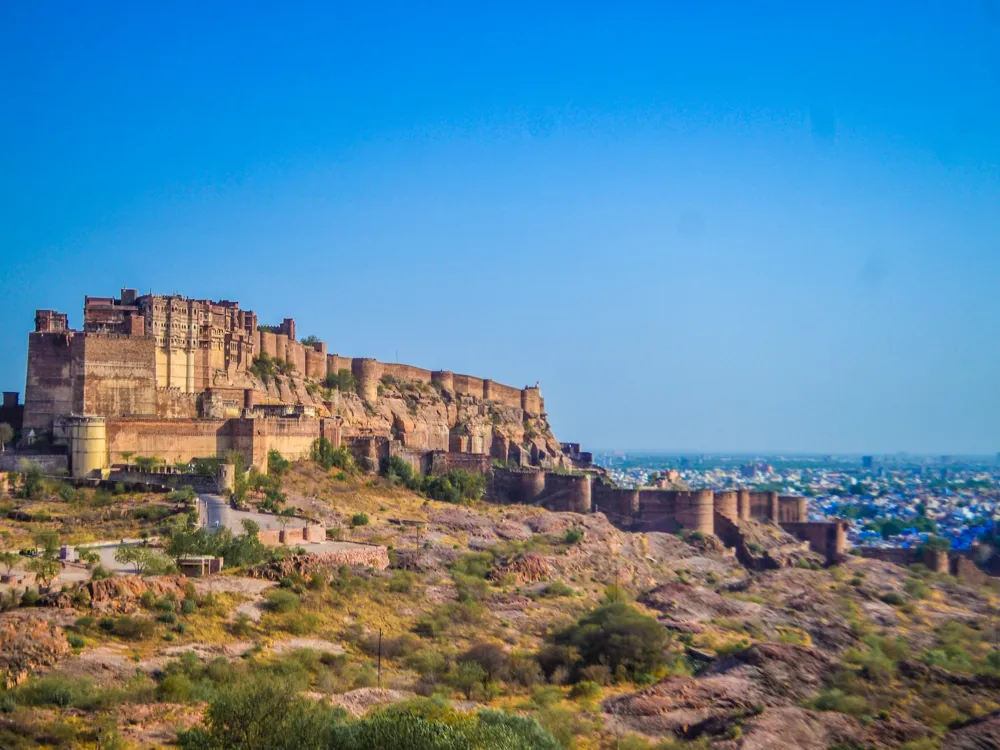The Urs Festival in Ajmer, Rajasthan, is a revered event that marks the anniversary of the death of Sufi saint Khwaja Moinuddin Chishti. This festival, celebrated over six days, attracts thousands of pilgrims from all over the world. The Urs Festival is a blend of spiritual fervor, cultural vibrancy, and communal harmony, making it a unique and soul-stirring experience. The festival usually takes place in the seventh month of the Islamic lunar calendar, corresponding to the death anniversary of the saint. The history of Urs goes back to the time of Khwaja Moinuddin Chishti, who was a 13th-century saint. The word 'Urs' means 'wedding' in Arabic and symbolizes the union of the saint with God. Devotees gather at the Ajmer Sharif Dargah, the final resting place of the saint, to pay their respects. The air is filled with qawwalis (Sufi devotional songs) and religious recitals, creating an atmosphere of spiritual ecstasy. The Urs Festival's architecture is a confluence of Islamic, Mughal, and Indian styles, reflecting the rich history of Ajmer and its spiritual significance. The centerpiece of the festival is the Ajmer Sharif Dargah, a masterpiece of Mughal architecture. This sacred complex is adorned with a series of gates, courtyards, and a massive cauldron, and is crowned by a series of domes and minarets that exemplify Islamic architectural aesthetics. The main gate, Nizam Gate, leads to the Shahjahani Gate, gifted by Emperor Shah Jahan, showcasing intricate carvings and artwork. The Buland Darwaza, adorned with silver doors, opens to the main tomb, which is an architectural marvel in itself. The tomb's chamber is adorned with gold and silver railings and a marble screen. During Urs, the entire dargah is illuminated with lights, transforming it into a breathtaking spectacle. Visitors are advised to dress modestly as a sign of respect in this spiritual place. Traditional Indian attire or conservative western clothing is recommended. It's important to be mindful of local customs and traditions. Showing respect and tolerance for religious practices enhances the experience. Ajmer is well-connected by air, road, and rail. The nearest airport is in Jaipur, from where you can take a taxi or bus to Ajmer. Ajmer Railway Station is well-connected to major cities in India. Regular bus services are also available from major cities like Delhi, Jaipur, and Mumbai. Read More:Overview of Urs Festival in Ajmer, Rajasthan
Architecture of Urs Festival
Tips When Visiting Urs Festival
Dress Appropriately
Respect Local Customs
How To Reach Urs Festival
Urs Festival
Ajmer
Rajasthan
₹ 9,000 onwards
View ajmer Packages
Weather :
Tags : Fairs & Festivals
Urs Festival 2023 Dates : 29th January 2023
Planning a Trip? Ask Your Question
Ajmer Travel Packages
View All Packages For Ajmer
Top Hotel Collections for Ajmer

Private Pool

Luxury Hotels

5-Star Hotels

Pet Friendly
Top Hotels Near Ajmer
Other Top Ranking Places In Ajmer
View All Places To Visit In ajmer
Faq on Ajmer
What is the Urs Festival in Ajmer?
The Urs Festival in Ajmer is a commemoration of the death anniversary of Sufi saint Khwaja Moinuddin Chishti.
When does the Urs Festival take place in Ajmer?
The Urs Festival in Ajmer takes place in the Islamic month of Rajab, the seventh month of the Islamic lunar calendar.
What are the main attractions of the Urs Festival in Ajmer?
The main attractions of the Urs Festival in Ajmer include Qawwali performances, processions, and the offering of prayers and offerings at the Dargah Sharif.
Is the Urs Festival in Ajmer open to people of all faiths?
Yes, the Urs Festival in Ajmer is open to people of all faiths, and it attracts devotees from various religious backgrounds.
What is the significance of the Urs Festival in Ajmer?
The Urs Festival in Ajmer holds immense spiritual significance for followers of Sufism, as it commemorates the legacy and teachings of Khwaja Moinuddin Chishti.
View ajmer Packages
Weather :
Tags : Fairs & Festivals
Urs Festival 2023 Dates : 29th January 2023
Planning a Trip? Ask Your Question
Ajmer Travel Packages
View All Packages For Ajmer
Top Hotel Collections for Ajmer

Private Pool

Luxury Hotels

5-Star Hotels

Pet Friendly
Top Hotels Near Ajmer
Other Top Ranking Places In Ajmer
Faq on Ajmer
What is the Urs Festival in Ajmer?
The Urs Festival in Ajmer is a commemoration of the death anniversary of Sufi saint Khwaja Moinuddin Chishti.
When does the Urs Festival take place in Ajmer?
The Urs Festival in Ajmer takes place in the Islamic month of Rajab, the seventh month of the Islamic lunar calendar.
What are the main attractions of the Urs Festival in Ajmer?
The main attractions of the Urs Festival in Ajmer include Qawwali performances, processions, and the offering of prayers and offerings at the Dargah Sharif.
Is the Urs Festival in Ajmer open to people of all faiths?
Yes, the Urs Festival in Ajmer is open to people of all faiths, and it attracts devotees from various religious backgrounds.
What is the significance of the Urs Festival in Ajmer?
The Urs Festival in Ajmer holds immense spiritual significance for followers of Sufism, as it commemorates the legacy and teachings of Khwaja Moinuddin Chishti.







